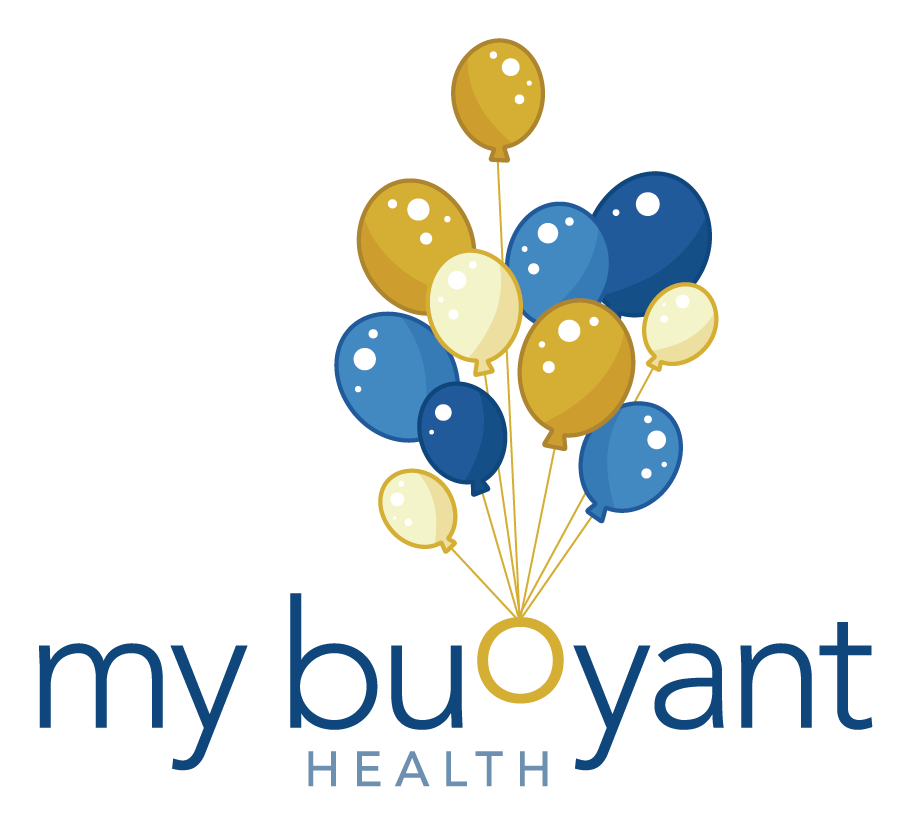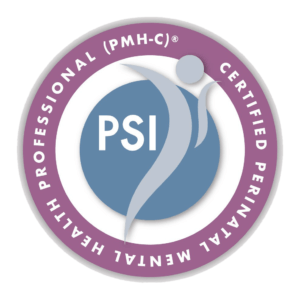
The joys of motherhood are often romanticized with images of happy babies, smiling mothers, and perfect family portraits. However, for many women, the early stages of motherhood are far from idyllic.
Postpartum depression (PPD) is a serious mental health disorder that affects one in seven women after giving birth. This condition can manifest in a range of symptoms, such as feelings of sadness, hopelessness, anxiety, irritability, and even suicidal thoughts. The impact of postpartum depression is far-reaching, affecting not only the mother but also her baby, partner, and family.
Let’s explore the impact of postpartum depression on mothers, babies, and partners and the importance of seeking help and support.
What is Postpartum Depression?
Postpartum depression, also known as peripartum depression, is a type of mood disorder associated with childbirth. This condition is distinct from the ‘baby blues’, a more common and less severe emotional state that many new mothers experience, characterized by mood swings, mild anxiety, and unhappiness. Postpartum depression presents more severe symptoms and lasts for a longer duration.
Symptoms of PPD may include:
- Intense mood swings
- Severe anxiety
- Profound sadness
- Irritability and anger
- Difficulty concentrating or making decisions
- Problems with appetite
- Sleep disturbances
- Thoughts of self-harm or harm to the baby (in extreme cases)
If at any point, you or your loved one have thoughts of harming the baby or yourself, contact a suicide hotline by calling or texting 988 or using Lifeline chat.
The Impact on Mothers
The impact of PPD on mothers is profound. It can affect their ability to function in daily life and may interfere with bonding between mother and child. Women with PPD often experience crippling anxiety, overwhelming fatigue, and a sense of hopelessness that can make even the simplest tasks seem impossible.
Moreover, PPD can also have long-term implications for a woman’s mental health. Research suggests that women who experience PPD are more likely to suffer from future episodes of major depression, even when treated.
The Impact on Baby
Postpartum depression can also have a significant impact on the baby’s health and development. Mothers with PPD may have trouble responding to their babies’ cues for hunger, comfort, or stimulation. This can lead to delayed bonding, reduced eye contact, and less physical touch, which are all crucial for a baby’s emotional and cognitive growth.
PPD can also affect a mother’s ability to breastfeed, leading to issues with milk supply and infant nutrition. In severe cases, untreated PPD can put a baby at risk of neglect, abuse, or even death.
The Impact on Partner and Other Family Members
Postpartum depression can strain a relationship between partners, as the mother’s emotional state and behavior can be difficult to understand and cope with.
Partners may feel neglected, frustrated, or helpless in trying to support their loved ones. Moreover, the impact of PPD can affect a partner’s mental health, leading to symptoms of depression, anxiety, or stress.
Other family members may also feel helpless, frustrated, and worried about the affected mother, potentially leading to tension and conflict within the family unit.
The Importance of Seeking Help
It’s crucial to understand that postpartum depression is a condition that can be effectively treated, and various support and treatment alternatives are available. If new mothers notice symptoms of postpartum depression, they should promptly consult a mental health professional.
These specialists can conduct individualized evaluations to assess the emotional health of the mother and propose suitable treatments for postpartum depression. These may encompass medications, psychotherapy, counseling, or a blend of these approaches. Addressing this issue early can mitigate the potential long-term effects of postpartum depression on a mother’s psychological and physical well-being, as well as familial bonds.
Postpartum Depression in Phoenix, AZ
The impact of postpartum depression is significant, affecting all aspects of a mother’s life, her baby’s health and development, her partner’s relationship, and her family’s support. It is essential to recognize the signs and symptoms of PPD and seek help and support from mental health providers.
At My Buoyant Health, our highly trained and compassionate mental health therapist, Russell Horning, detects postpartum depression via postpartum mental health screening.
We also provide our patients with the right support and treatment so that they can recover from postpartum depression and other mental health conditions and enjoy a healthy and fulfilling motherhood experience.
For more information or to schedule a consultation, call us today at (602) 503-2832 or fill out our online appointment request form. We look forward to serving you.




